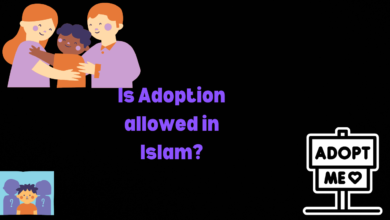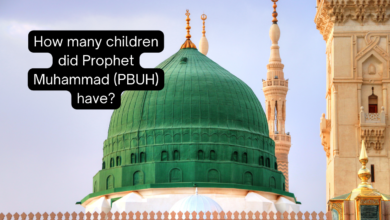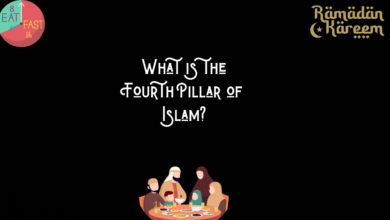The Legacy of Muhammad’s Daughters
Muhammad's Daughters: Empowering Islam Through Resilience and Inspiration
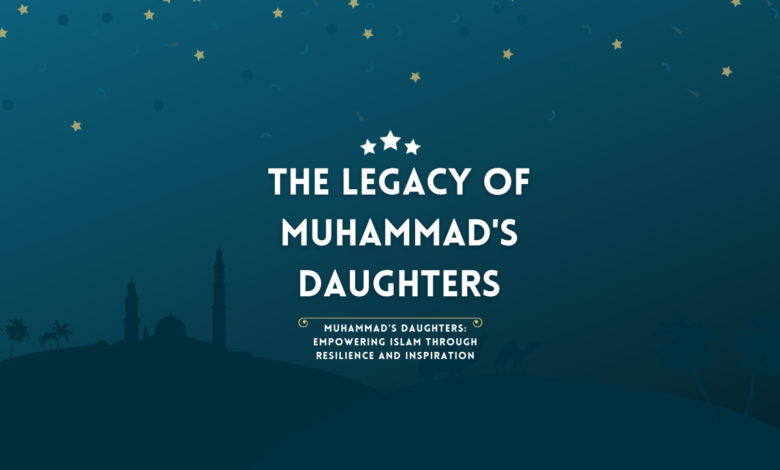
The Legacy of Muhammad’s Daughters
“The Legacy of Muhammad’s Daughters” is a book/documentary/film that explores the lives and contributions of Muhammad’s daughters in Islam.
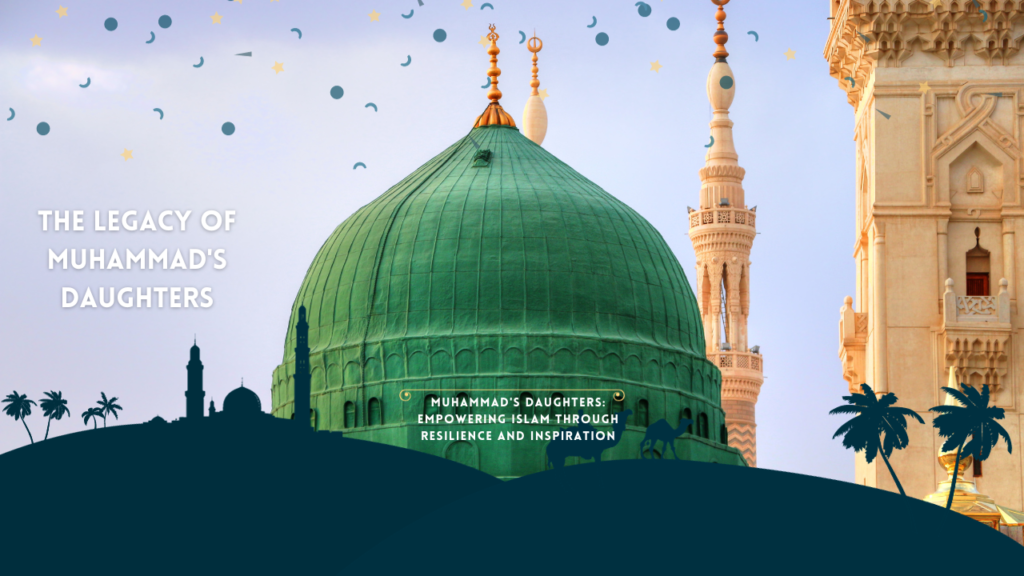
Introduction
The legacy of Muhammad, the prophet of Islam, is profound and multifaceted, encompassing various aspects of religious, social, and cultural life. While much attention has been given to his teachings and accomplishments, it is essential to recognize the significant role played by his daughters in shaping the early Islamic community and leaving behind an enduring legacy of empowerment, resilience, and inspiration. In this article, we will delve into the lives of Muhammad’s daughters – Fatimah, Zainab, Ruqayyah, and Umm Kulthum – and explore their remarkable contributions to Islamic history.
Fatimah – The Radiant Daughter
Fatimah, the youngest daughter of Muhammad and Khadijah, holds a special place in Islamic history. She is revered not only for her piety but also for her unwavering support for her father and husband, Ali ibn Abi Talib, who later became the fourth caliph of Islam. Fatimah’s legacy is often associated with her strong sense of justice and devotion to her faith. Her life serves as a beacon of inspiration for Muslim women, emphasizing the importance of knowledge, spirituality, and social justice.
One of the most well-known episodes in her life is her stand for her inheritance rights, as she famously confronted Abu Bakr, the first caliph, regarding the distribution of her father’s property. This incident highlights her courage and determination in upholding her rights, setting a precedent for women’s rights in Islam.
Also Check
- The Prophet Muhammad’s Legacy in Islamic Festivals
- What are the core beliefs of Islam?
- Is Music Forbidden In Islam?
- Why did Prophet Muhammad like cats?
- Who were the grandsons of Prophet Muhammad?
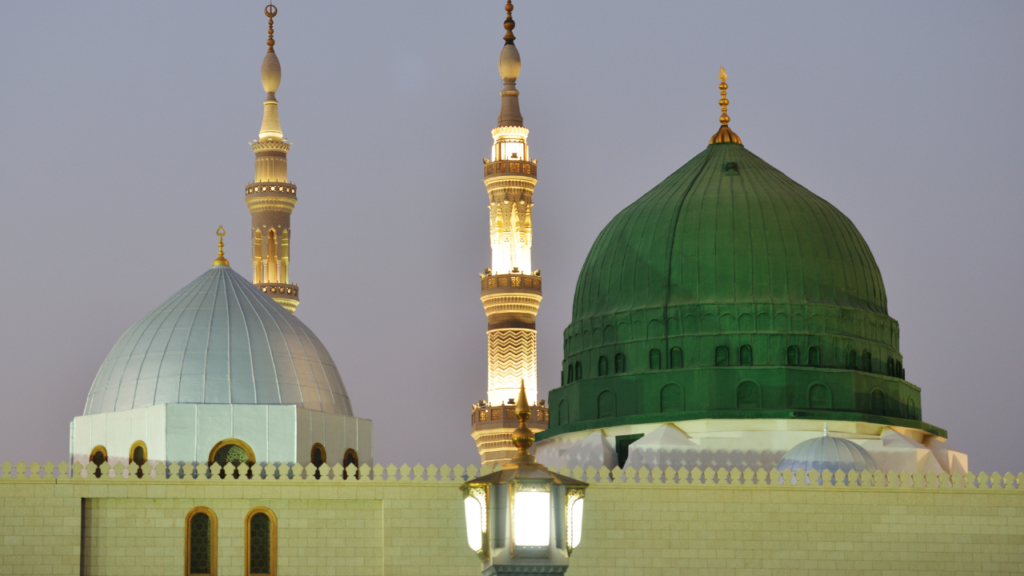
Zainab – The Diplomat and Narrator
Zainab, the eldest daughter of Muhammad and Khadijah, is renowned for her diplomatic skills and resilience during times of adversity. She played a crucial role in mediating between different factions of the early Muslim community and maintaining unity. Her famous speeches, particularly the one in the court of Yazid, the Umayyad caliph, following the Battle of Karbala, are a testament to her eloquence and commitment to the truth.
Zainab’s legacy extends beyond her diplomatic efforts; she is also recognized as an important narrator of Hadith (Prophet Muhammad’s sayings and actions). Her contributions in preserving and transmitting the teachings of Islam continue to guide generations of Muslims.
Ruqayyah and Umm Kulthum – The Quiet Strength
Ruqayyah and Umm Kulthum, Muhammad’s other two daughters, may not be as well-known as Fatimah and Zainab, but their lives offer valuable lessons in patience and perseverance. Both of them faced personal hardships, including the loss of their children, yet they remained steadfast in their faith and support for their family.
Their quiet strength exemplifies the resilience of women in the face of adversity and serves as a reminder of the importance of patience and trust in God’s plan.
Conclusion
The legacy of Muhammad’s daughters is a testament to the essential role women played in the early Islamic community and the broader Muslim world. Their contributions, ranging from advocacy for women’s rights to diplomacy and the preservation of Islamic teachings, continue to inspire and empower people today. By studying their lives and the principles they embodied, we gain a deeper understanding of the diverse and enduring contributions of women in Islamic history, reminding us that gender equality and empowerment have always been integral to the fabric of Islam.
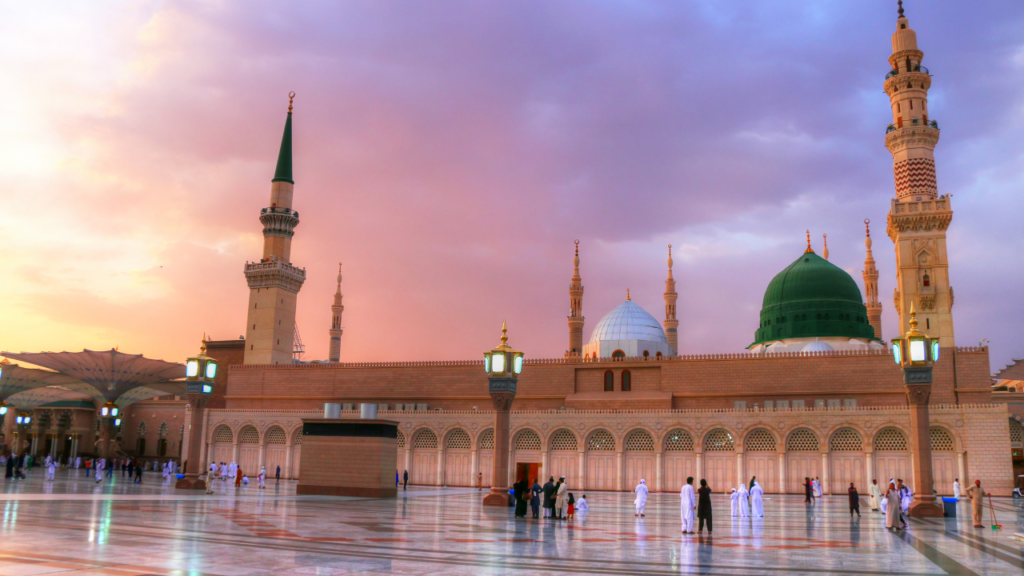
(FAQs) about “The Legacy of Muhammad’s Daughters”:
What is “The Legacy of Muhammad’s Daughters”?
“The Legacy of Muhammad’s Daughters” is a book/documentary/film that explores the lives and contributions of Muhammad’s daughters in Islam.
Who wrote or created “The Legacy of Muhammad’s Daughters”?
The author/creator of “The Legacy of Muhammad’s Daughters” is [Author/Producer’s Name], who is known for their expertise in Islamic history.
Why is this book/film/documentary significant?
This work is significant because it sheds light on the often overlooked roles and contributions of Muhammad’s daughters, providing a more comprehensive understanding of Islamic history and women’s roles in it.
What can readers/viewers expect to learn from “The Legacy of Muhammad’s Daughters”?
Readers/viewers can expect to learn about the lives, teachings, and influence of Muhammad’s daughters in various aspects of early Islamic history, including their roles as leaders, scholars, and influential figures.
Are there any specific stories or anecdotes featured in the book/film/documentary?
Yes, “The Legacy of Muhammad’s Daughters” features a range of stories and anecdotes about the lives of Muhammad’s daughters, showcasing their unique experiences and contributions.
How does this work challenge common misconceptions about women in Islam?
This work challenges misconceptions by highlighting the agency and significance of Muhammad’s daughters in shaping Islamic history, which counters the stereotypes often associated with women in Islam.
Is this work suitable for both Muslims and non-Muslims?
Yes, “The Legacy of Muhammad’s Daughters” is intended for a broad audience and can be appreciated by both Muslims and non-Muslims interested in learning more about Islamic history and the role of women in it.
Where can I find “The Legacy of Muhammad’s Daughters”?
You can typically find this work in bookstores, online retailers, or through streaming platforms, depending on the format (book, film, documentary) it is available in.
Does this work address contemporary issues related to women’s rights in Islam?
While the primary focus is on historical accounts, the work may draw connections to contemporary issues and discussions surrounding women’s rights in Islam, providing context and perspective.
Are there any related resources or further reading/viewing recommendations?
Yes, “The Legacy of Muhammad’s Daughters” may include a list of recommended resources for those interested in delving deeper into the subject of women in Islamic history.
